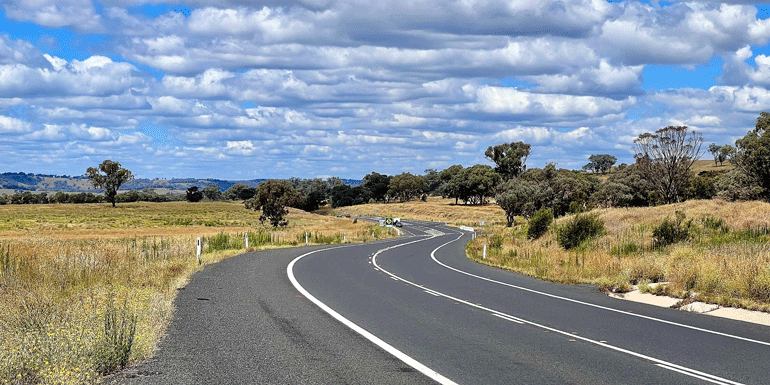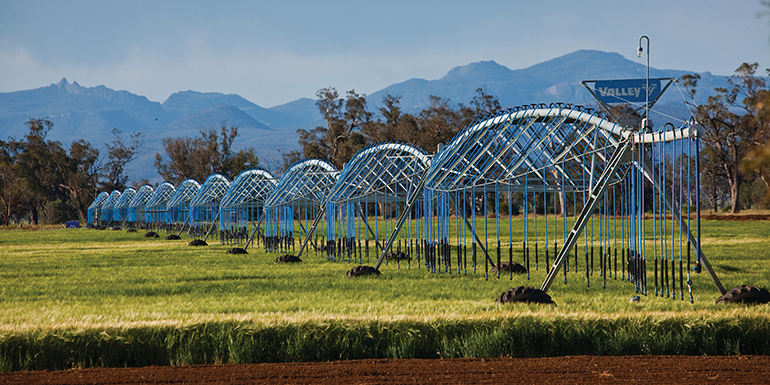Key points
- Local councils and authorities can help to reduce the impacts of climate change by adopting environmentally sustainable practices and reducing their greenhouse gas emissions.
- The NSW Government’s Net Zero Plan Stage 1: 2020–2030 outlines the NSW Government’s plan to take action on climate change to reach net zero emissions by 2050.
- Local councils and authorities are a key partner to achieve these goals, through their local knowledge, leadership and connections to local communities.
- Many councils across NSW are already taking action to set emissions targets and strategies to reduce their emissions.
- The NSW Government supports local councils and authorities to reduce their emissions by providing guidance, practical tools and opportunities.
Local councils and authorities and climate change
While councils and authorities plan to adapt to the impacts of climate change, they also play an important role in helping to limit climate change. This involves reducing greenhouse gas emissions and supporting environmentally sustainable regions. The combination of these approaches is the best way to ensure that NSW will be a prosperous, healthy, and sustainable state into the future.
By reducing emissions across their assets, practices and communities, local councils and authorities can:
- reduce operational costs by reducing their energy consumption
- attract private sector investment in their region
- help to limit climate change and reduce the impacts of climate change in their region
- help to provide cleaner air and healthier environments for residents across their region, NSW, and Australia
- respond to community expectations around climate change and adaptation, both locally and nationally
- join a growing network of climate leaders from across NSW.
How local councils and authorities can reduce their emissions
The NSW Government’s Net Zero Plan Stage 1: 2020–2030 outlines the NSW Government’s plan to take action on climate change to reach net zero emissions by 2050. Local councils and authorities are a key partner to achieve these goals. Many councils across NSW are already taking action to set emissions targets and strategies to reduce their emissions. Every council can take actions to reduce emissions in their region.
Local councils and authorities can reduce emissions by:
- offsetting emissions by increasing green cover and carbon absorption in their region by using green infrastructure principles when developing and upgrading infrastructure, buildings and suburbs
- developing a comprehensive plan to reduce energy use and emissions across council’s assets and operations, for example through efficiency measures for council-owned buildings
- transitioning to renewable energy sources for council-owned buildings, infrastructure and services
- setting emissions reductions targets, and milestones to get there
- choosing sustainable procurement options
- developing alternative transport initiatives, such as transitioning public transport vehicles to electric energy, replacing council-owned vehicles with electric vehicles, and supporting non-powered transport such as bicycles
- developing waste reduction initiatives for council operations and communities
- partnering with community groups and supporting community initiatives to reduce emissions
- using green infrastructure principles for new developments or to upgrade existing infrastructure.
Across their communities, local councils and authorities can reduce emissions by:
- educating communities on the causes and impacts of climate change, and what they can do reduce their community, household and individual emissions
- supporting communities to adopt sustainable alternatives, through incentives or funding.
Support, guidance and resources
The NSW Government supports local councils and authorities to reduce their emissions by providing guidance, practical tools and opportunities.
The Global Covenant of Mayors for Climate & Energy (GCoM) is the largest global alliance for city climate leadership. It includes cities, local governments, and partners committed to combating climate change. Some NSW local councils are members of GCoM. Through this network local councils work with local governments, regional networks, national governments, and international institutions to drive climate action.
The Cities Power Partnership is Australia’s largest network of cities and towns tackling climate change. It gives local government organisations the tools, connections and momentum to take meaningful action on climate.
Sustainability Advantage is a NSW Government program to help organisations adopt sustainable practices. The program is open to medium to large organisations, including state and local government agencies. The program is suitable for all agencies regardless of their current level and understanding of sustainable practices. It can help agencies to:
- develop and deliver sustainable strategies
- address carbon, climate and compliance risks
- identify and implement resource efficiency opportunities to save energy and reduce emissions
- engage staff, customers, suppliers and communities to reduce emissions
- connect with an established network of sustainability leaders and gain recognition of achievements.
The Sustainable Councils program partners with regional councils and Joint Organisations (JOs) to identify, plan and implement investment-ready energy and resource-saving initiatives. The program helps build capacity within the councils to improve and accelerate their ability to drive net zero activities, providing tools and resources to assist the transition sustainably towards net zero emissions. Resources are available on the Local Government NSW Resources page including Net Zero Pools, Solar Toolkit and Regional Council Sewage and Water treatment plant efficiency tool.
Related information
Net Zero Plan Stage 1: 2020-2030 – NSW Government
NSW Climate Change Policy Framework – NSW Government
Net Zero momentum tracker – local government report – Monash University and ClimateWorks Australia
Sustainability in government agencies – NSW Government
NSW Sustainability Bond Programme – NSW Government
Sustainability Advantage – NSW Government
Sustainable Choice – Local Government Procurement
ISO 31000:2018 Risk management — Guidelines – The International Organization for Standardization
ISO 20400:2017 Sustainable procurement – Guidance – The International Organization for Standardization
ISO 20400 self-assessment for organisations – ISO20400.org
Case studies

NSW councils are building climate risk into their business-as-usual planning and policies for the first time, thanks to products developed using NARCliM’s locally relevant climate modelled data.

Learn how NARCliM climate projections are being used by various NSW sectors to understand and adapt to climate change.

Monash University's Climate Change Communication Research Hub applied NARCliM regional climate projections to visualise the projected increase in average summer temperatures across Australia's local government areas.
